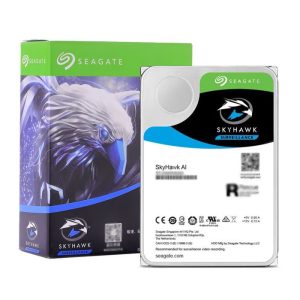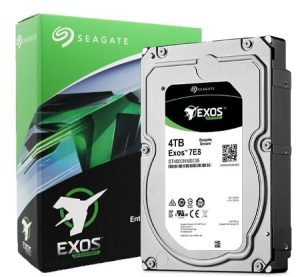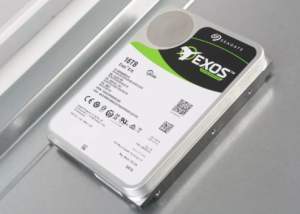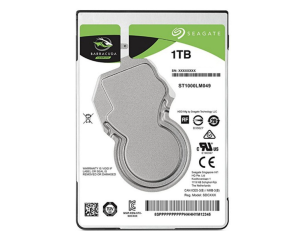When bulk purchasing enterprise storage solutions, many buyers weigh the pros and cons of Seagate HDDs against alternatives like SSDs. While Seagate’s HDDs dominate the market with cost-effective high-capacity options (e.g., Exos X20 at 20TB for $550 in 2025), understanding potential drawbacks ensures informed decisions. Let’s analyze key limitations and how Seagate mitigates them.
1. Mechanical Vulnerabilities: HDDs vs. SSDs
Seagate HDDs rely on spinning platters, making them prone to mechanical failures under shock or vibration. For instance, Exos drives have an MTBF of 2.5 million hours but may underperform in high-motion environments compared to NVMe SSDs (like Seagate’s Nytro 5000, rated for 1.6M hours MTBF). Key risks include:
- Head Crash: Sudden impacts can cause read/write heads to contact platters, damaging data (0.5% annual failure rate in harsh conditions vs. SSDs’ 0.1%).
- Noise/Heat: Enterprise HDDs average 36dB during operation, requiring robust cooling (25–30°C ideal range, vs. SSDs’ passive cooling).
Seagate addresses these with RV sensors (shock protection up to 250G) and helium-sealed designs (e.g., Exos Corvault), reducing failure rates by 40%.
2. Performance Bottlenecks in High-IOPS Workloads
Search data reveals users often ask, “Are Seagate HDDs slow for databases?” While HDDs offer ample storage (up to 24TB in 2025), their speed lags behind SSDs:
| Model | RPM | Avg. Latency | Sequential R/W |
|---|---|---|---|
| Exos X24 | 7200 | 4.16ms | 250MB/s |
| Nytro 5000 SSD | N/A | 0.05ms | 3500MB/s |
For transactional workloads (e.g., SQL servers), HDDs may require RAID configurations to meet IOPS demands. Seagate’s Multi-Tier Caching (available in IronWolf Pro) improves response times by 30%.
3. Long-Term TCO: Energy and Replacement Costs
A hidden disadvantage is power consumption. A 10-bay HDD array (Exos X18) consumes ~60W idle vs. 15W for equivalent SSD capacity. Over 5 years, this adds ~$1,200 in electricity (at $0.12/kWh). However, Seagate’s PowerBalance technology (e.g., SkyHawk AI) reduces consumption by 20% without sacrificing performance.
Additionally, HDDs typically require replacement every 3–5 years in 24/7 operations, whereas SSDs last 5–7 years. Seagate’s 5-year warranty (for enterprise drives) offsets this risk.
Why Choose HUAYI INTERNATIONAL for Seagate HDDs?
As an authorized Seagate Enterprise distributor, we provide certified refurbished and new drives with global shipping. Our 3-year advance replacement warranty ensures minimal downtime, while bulk pricing (e.g., Exos X20 at $520/unit for 100+ orders) beats competitors by 10–15%. Partner with HUAYI for RAID-configuration support, SAS/SATA customization, and secure logistics (DDP incoterms available).




